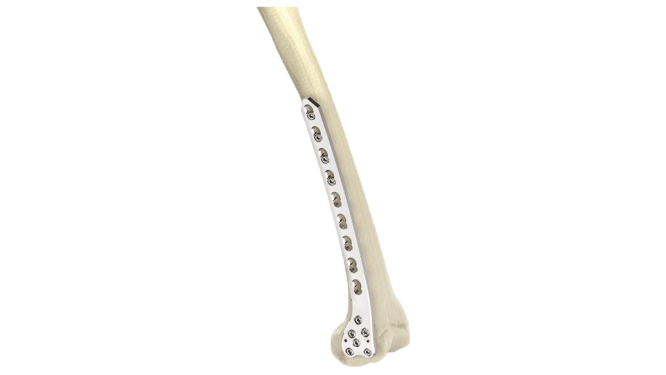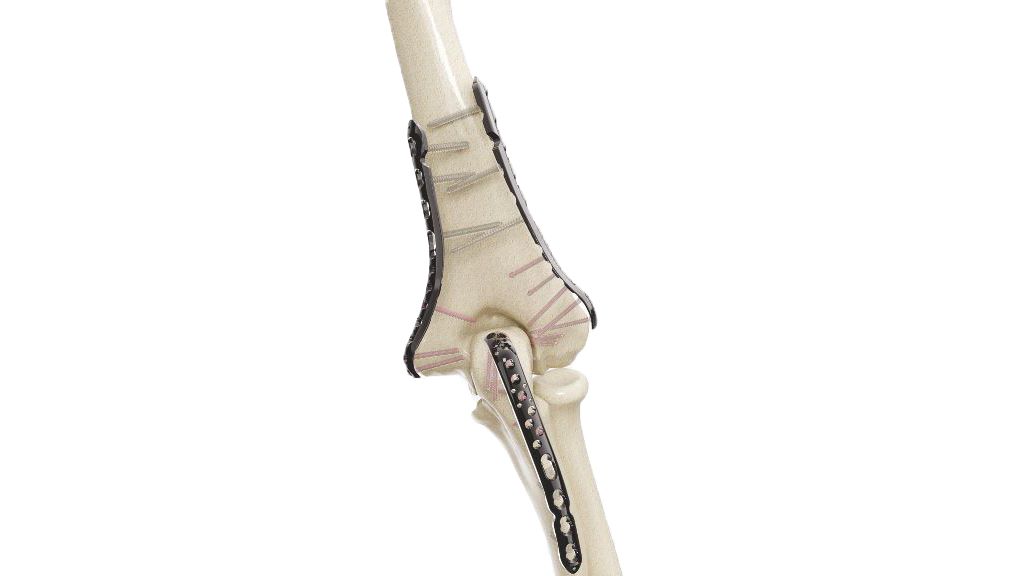Proximal Humerus Plate - 3.5 mm (ASLP)
Product Overview
The 3.5 Proximal Humerus Plate ASLP is a cutting-edge orthopedic implant meticulously engineered to address fractures and injuries specifically within the proximal humerus, the upper arm bone near the shoulder joint. Crafted with precision and innovation, this plate offers superior stability and support for patients undergoing surgical treatment for a range of conditions including complex fractures, osteotomies, and non-unions in the proximal humerus region.The Philos Plate features a low-profile design, minimizing its prominence beneath the skin and reducing the potential for post-operative discomfort.
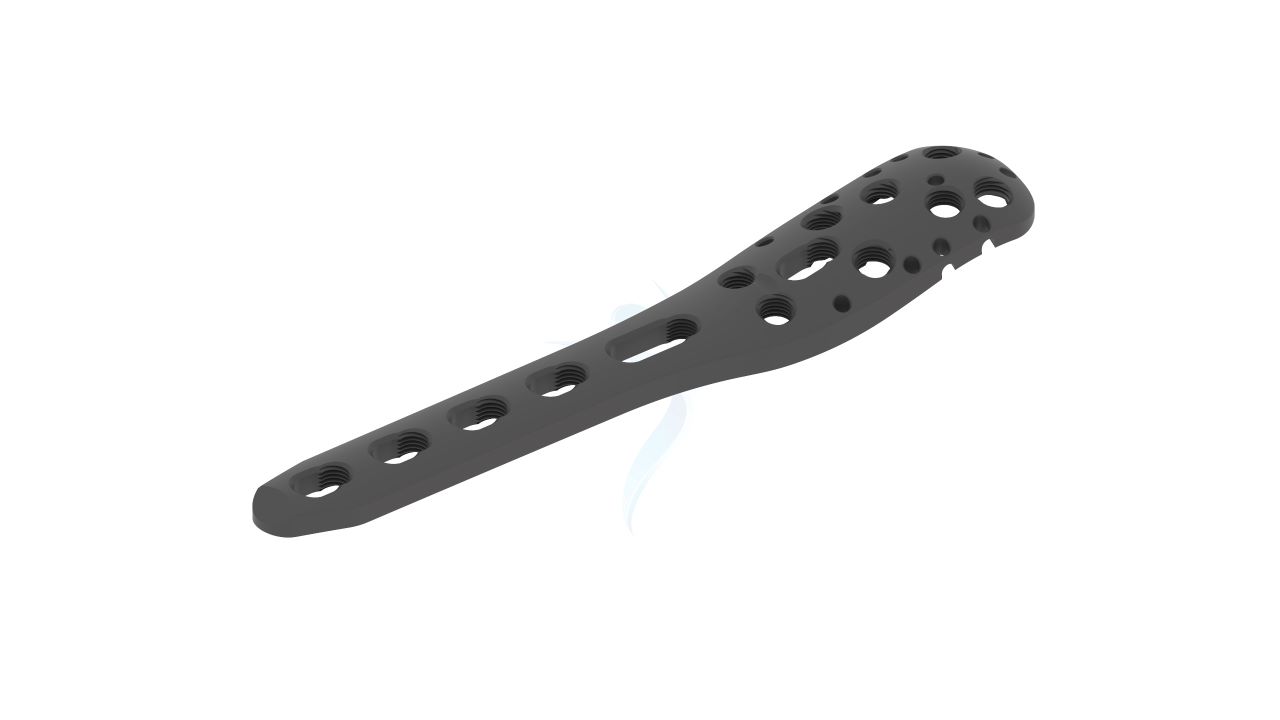
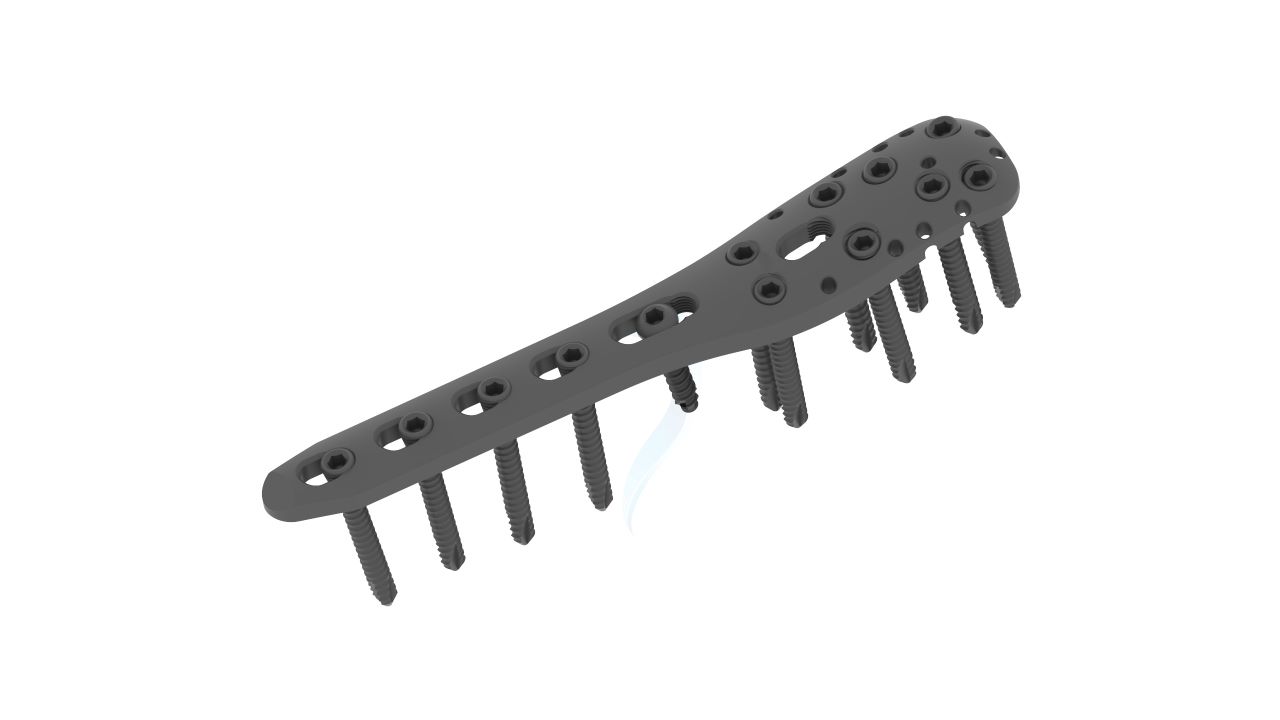
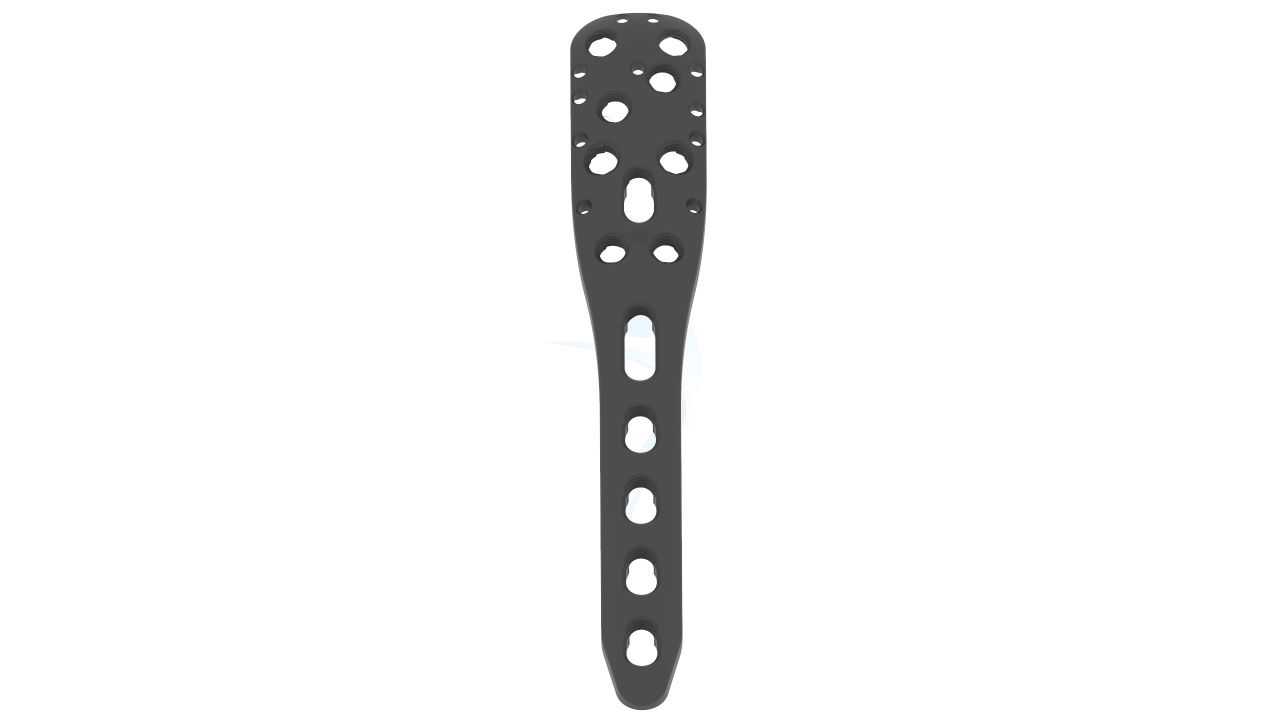
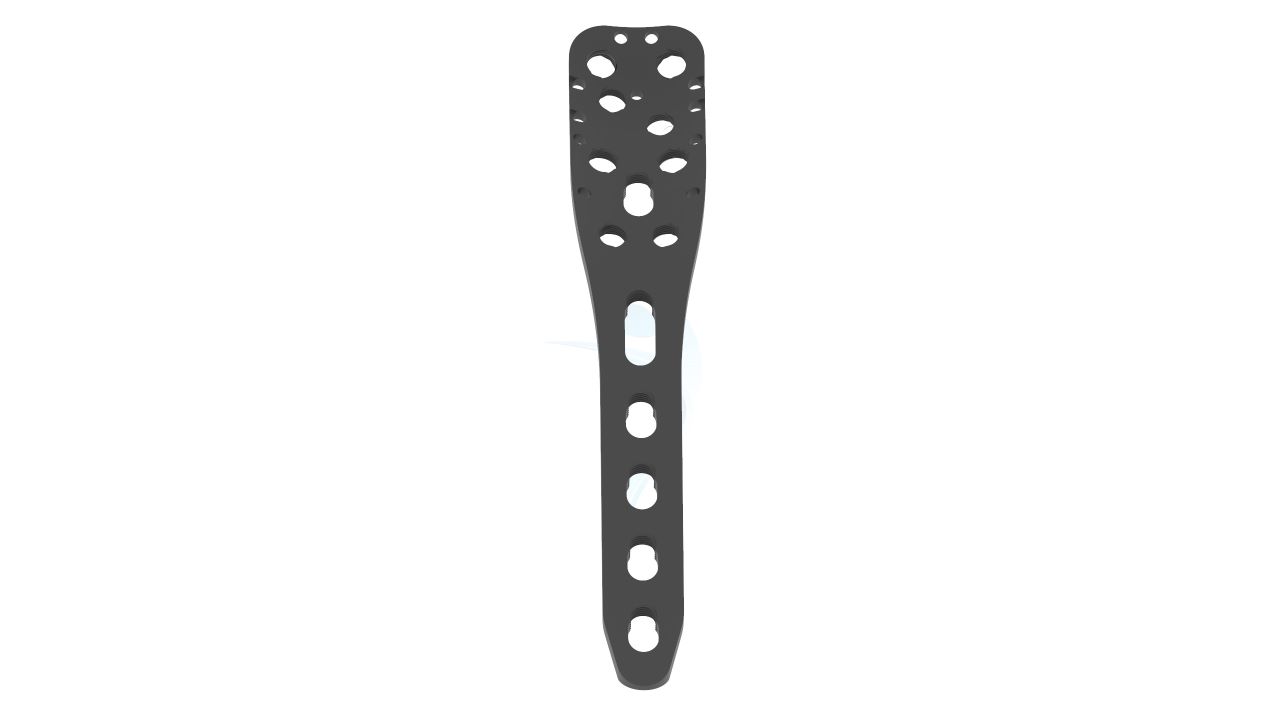
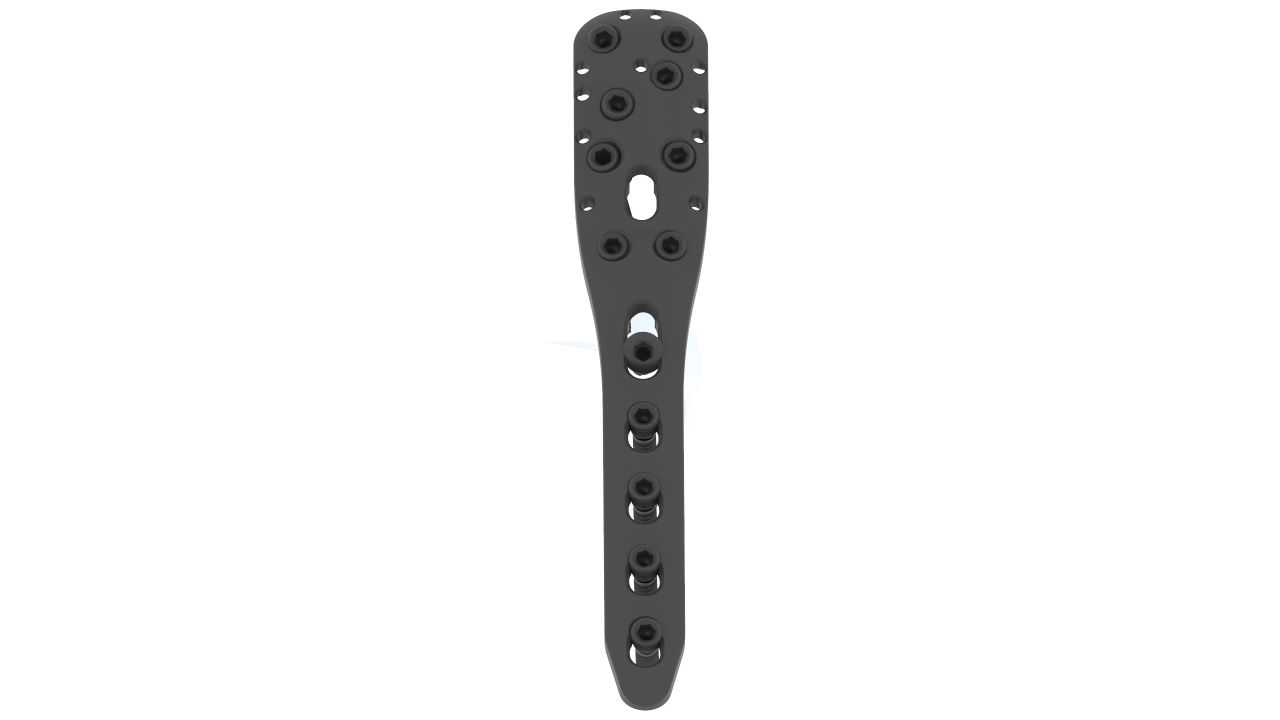
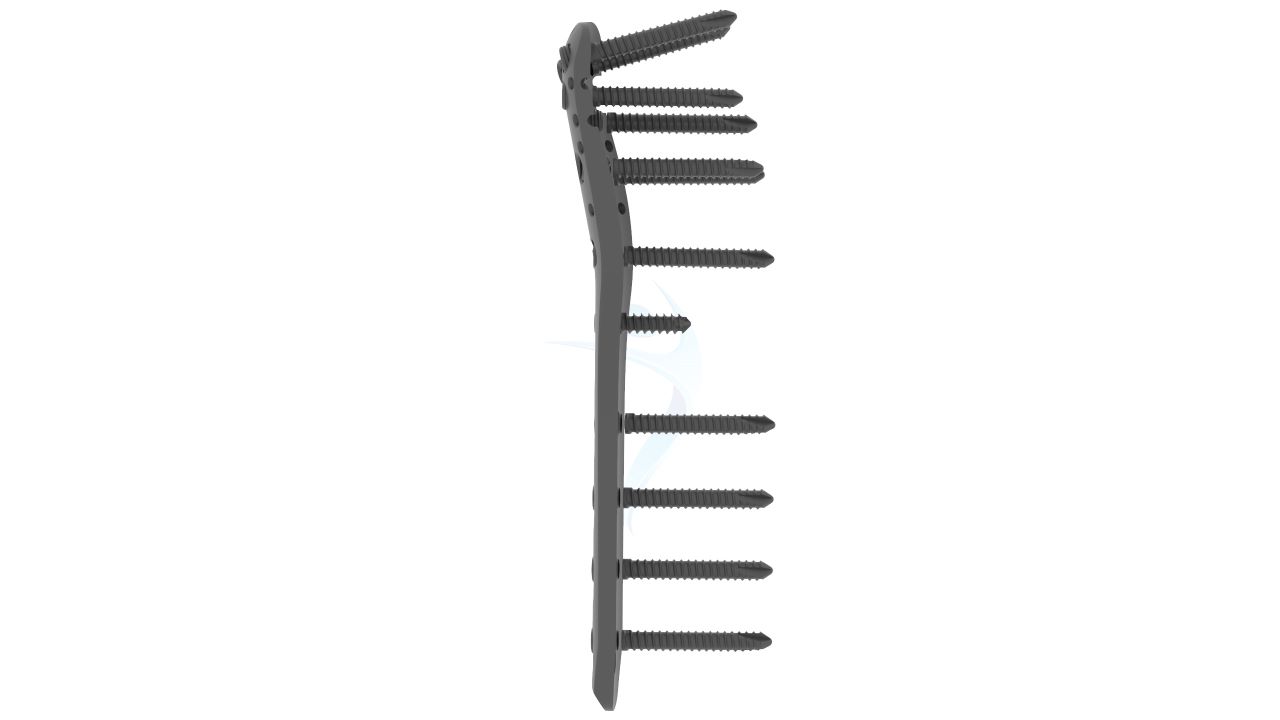
Product Uses
- Proximal Humerus Fracture Fixation: The primary indication for the Proximal Humerus Plate (ASLP) is to stabilize and fixate proximal humerus fractures.
- Comminuted Fractures: The Proximal Humerus Plate (ASLP) is particularly useful in managing complex proximal humerus fractures with comminution, where the bone is broken into multiple pieces.
- Osteoporotic Bone: The Proximal Humerus Plate (ASLP) is designed to provide enhanced stability and fixation in osteoporotic bone, making it a suitable choice for proximal humerus fractures in patients with reduced bone density and strength.
- Proximal Humerus Tumor Resection:In cases where there are tumors or lesions in the proximal humerus requiring surgical intervention, the Proximal Humerus Plate (ASLP) can be used to provide stability.
Product Specification
- Material:The Proximal Humerus Plate (ASLP) is typically made of a high-quality, biocompatible material titanium.
- Design:The plate features a specialized anatomical design that is contoured to fit the proximal humerus bone's shape.
- Locking Screw System: The ASLP incorporates a locking screw system, where the plate has threaded holes that allow for the insertion of locking screws.
- Screw Options:The ASLP comes with a variety of screw options, including cortical screws and locking screws. Cortical screws are used for traditional screw fixation, while locking screws engage with the plate's locking mechanism, providing added stability and resistance to screw backout.
Proximal Humerus Plate - 3.5 mm (ASLP) Sizes
Comprehensive Guide for Proximal Humerus Plate - 3.5 mm (ASLP)
- Surgical Consultation: A thorough consultation with a qualified orthopedic surgeon is essential prior to the procedure. During this consultation, the surgeon will evaluate your specific condition, assess the fracture pattern, and determine the suitability of the Proximal Humerus Plate for your case.
- Diagnostic Tests: Your surgeon may request various diagnostic tests, such as X-rays or CT scans, to further evaluate the extent of the proximal humerus fracture and assess the surrounding structures.
- Medical Evaluation: A comprehensive medical evaluation is typically conducted before any surgery. This may include a review of your medical history, physical examination, and possibly additional tests or consultations with other specialists to ensure you are in optimal overall health for the procedure.
- Pre-operative Preparations: Your surgeon will provide you with specific pre-operative instructions. These may include fasting requirements before surgery, restrictions on medication or supplements, and guidelines for pre-operative skin preparation.
- Informed Consent: Before undergoing any surgical procedure, you will be asked to provide informed consent. This involves a detailed discussion with your surgeon about the risks, benefits, and potential complications associated with the use of the Proximal Humerus Plate.
- Patient Preparation and Incision: The patient is positioned appropriately for the procedure, typically under general anesthesia. The surgical site is cleansed and sterilized.
- Fracture Reduction and Preparation: The fractured bone fragments are carefully aligned and reduced to their proper anatomical position. Any debris or damaged tissue around the fracture site is cleared to create a clean environment.
- Plate Placement and Screw Fixation: The Philos Plate, selected based on the patient's anatomy and fracture pattern, is positioned along the lateral aspect of the proximal humerus. The plate is contoured to match the shape of the bone. Screws, both locking and non-locking, are inserted through the plate and into the bone to secure it in place.
- Final Adjustments and Testing: The surgeon ensures proper positioning and alignment of the plate and screws. They assess the stability and integrity of the construct by performing range-of-motion tests and assessing fracture stability under fluoroscopy or X-ray guidance.
- Closure and Post-operative Care:After confirming the satisfactory placement and stability of the plate, the incision is closed using sutures or staples. Sterile dressings are applied to the wound site. Post-operative care instructions, including pain management, wound care, and rehabilitation, are provided to the patient.
- Wound Care: Proper care of the surgical incision is crucial for optimal healing. Your healthcare provider will provide specific instructions on how to clean and dress the wound. It is important to keep the incision site clean, dry, and free from infection.
- Pain Management: It is normal to experience pain and discomfort after surgery. Your healthcare provider will prescribe pain medications to manage post-operative pain. Follow the prescribed dosage and schedule, and communicate any concerns or inadequate pain control to your healthcare provider.
- Rehabilitation and Physical Therapy: Depending on the specific fracture and your surgeon's recommendation, you may be referred to a physical therapist for rehabilitation exercises. Physical therapy plays a vital role in restoring range of motion, strength, and function to the affected shoulder.
- Weight-Bearing and Activity Restrictions: Your surgeon will provide guidelines regarding weight-bearing and activity restrictions following the surgery. It is crucial to adhere to these restrictions to protect the healing bone and promote successful outcomes.
- Follow-up Appointments: Regular follow-up appointments with your healthcare provider are essential to monitor your progress and ensure proper healing. During these appointments, X-rays may be taken to evaluate the positioning and stability of the Proximal Humerus Plate.


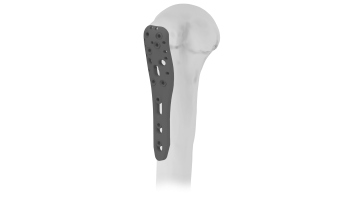
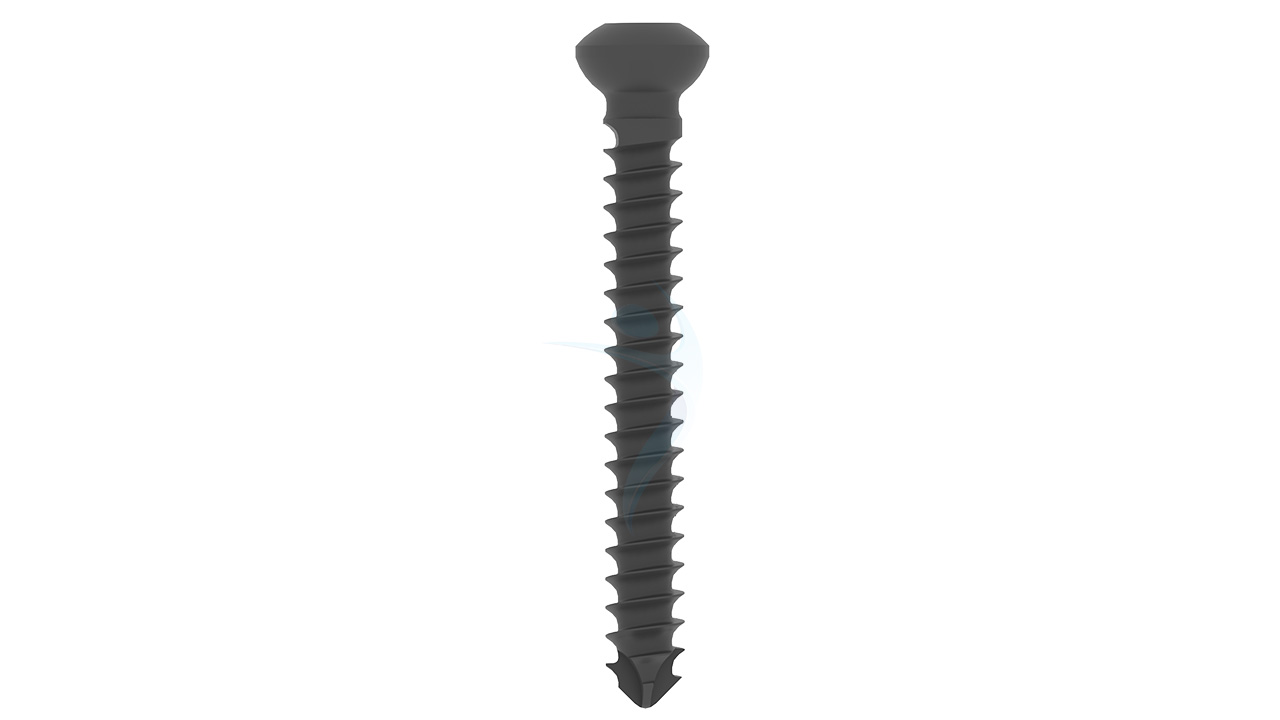
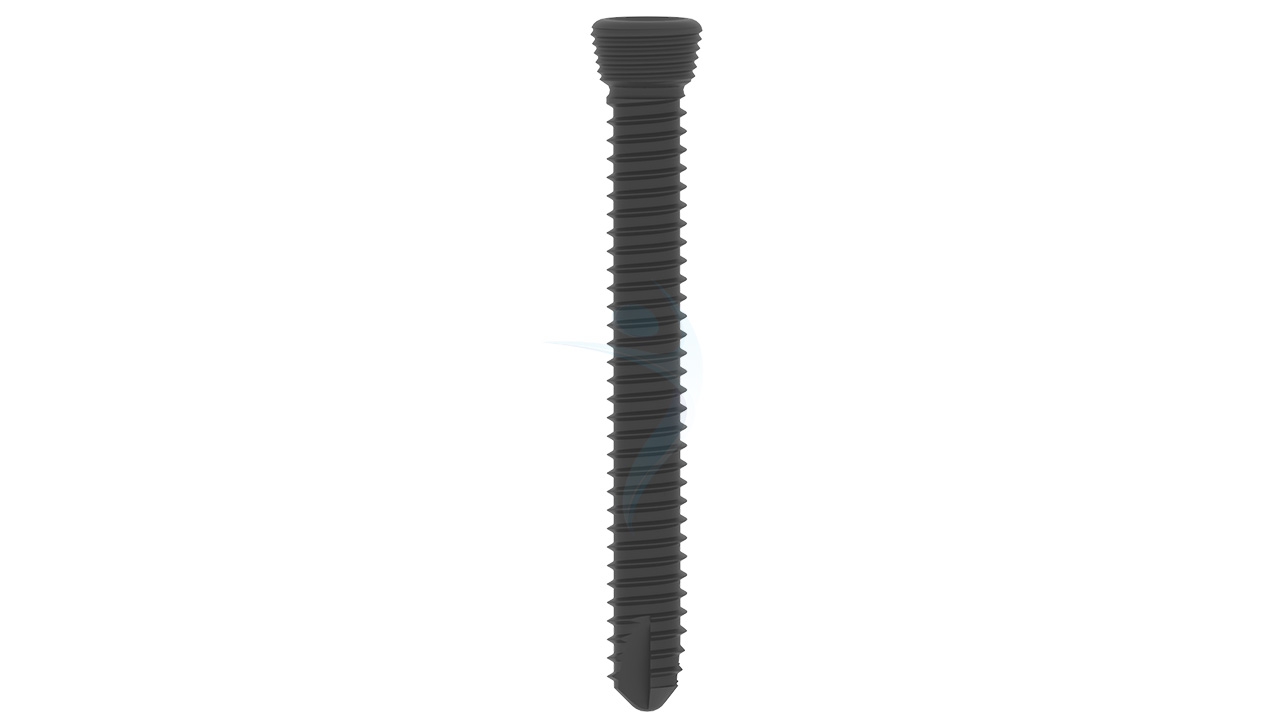
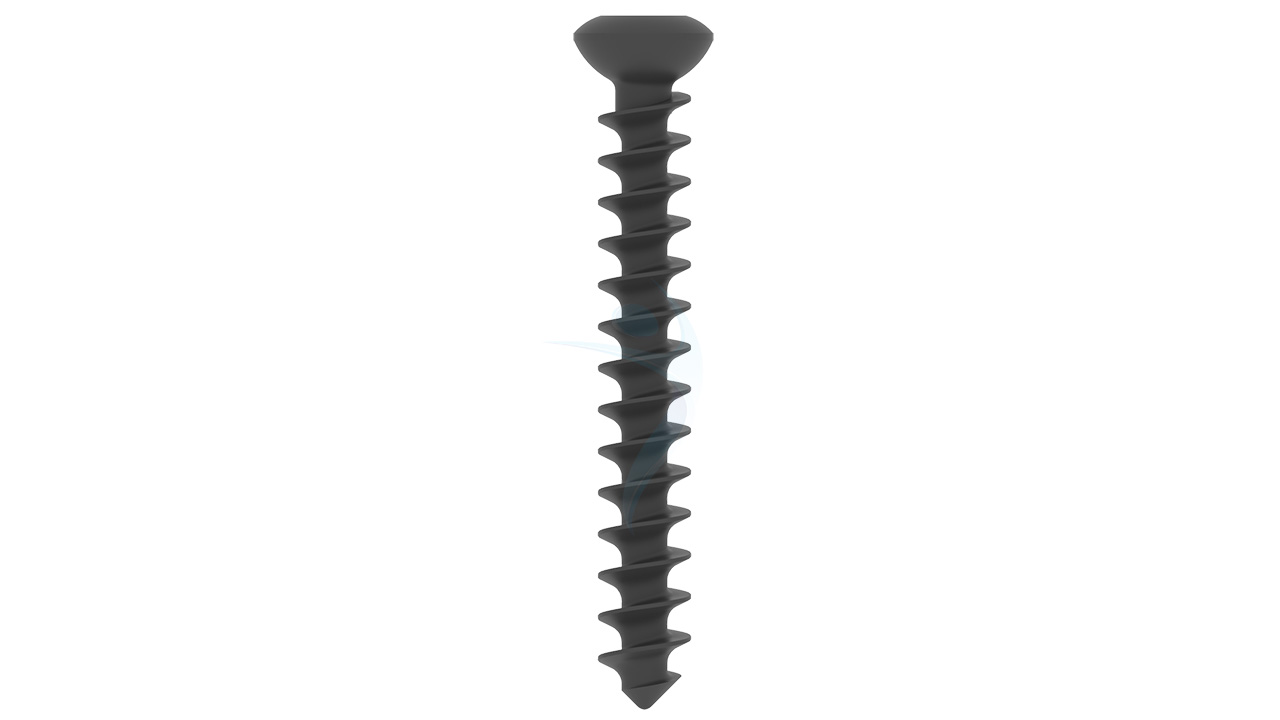
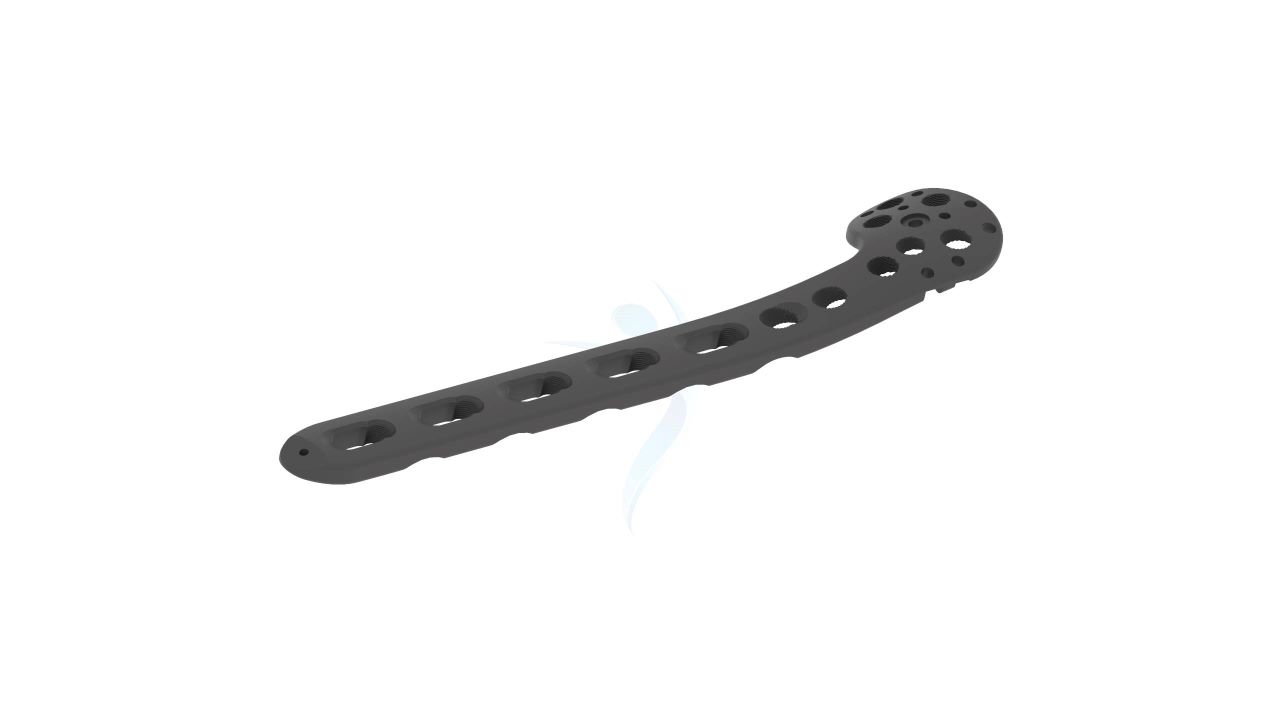

.png)

